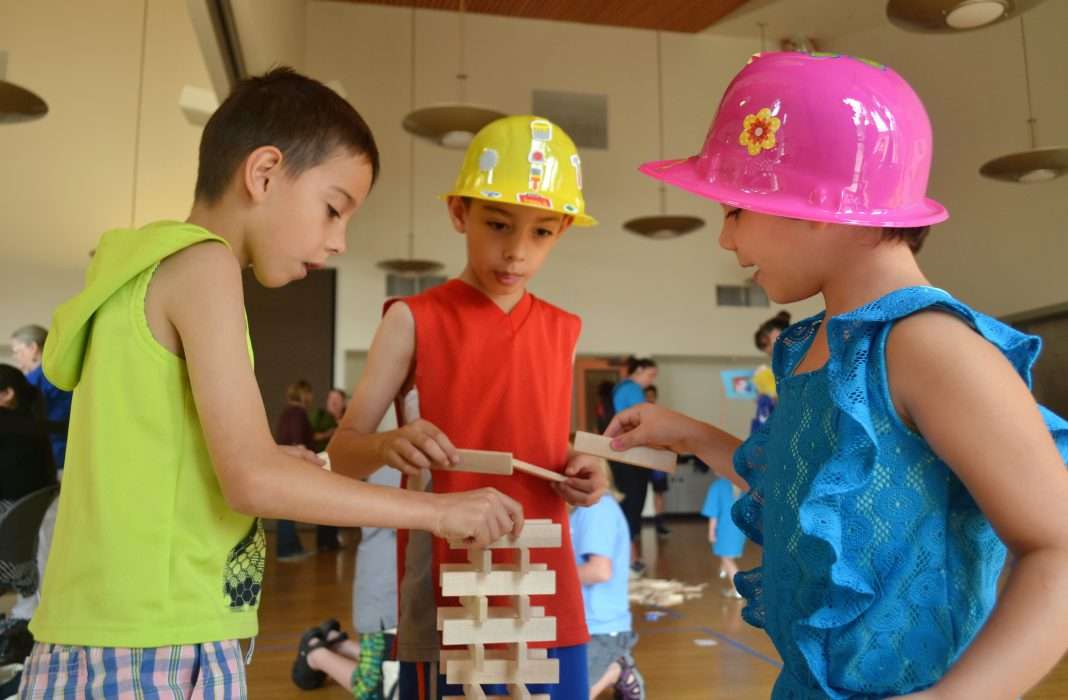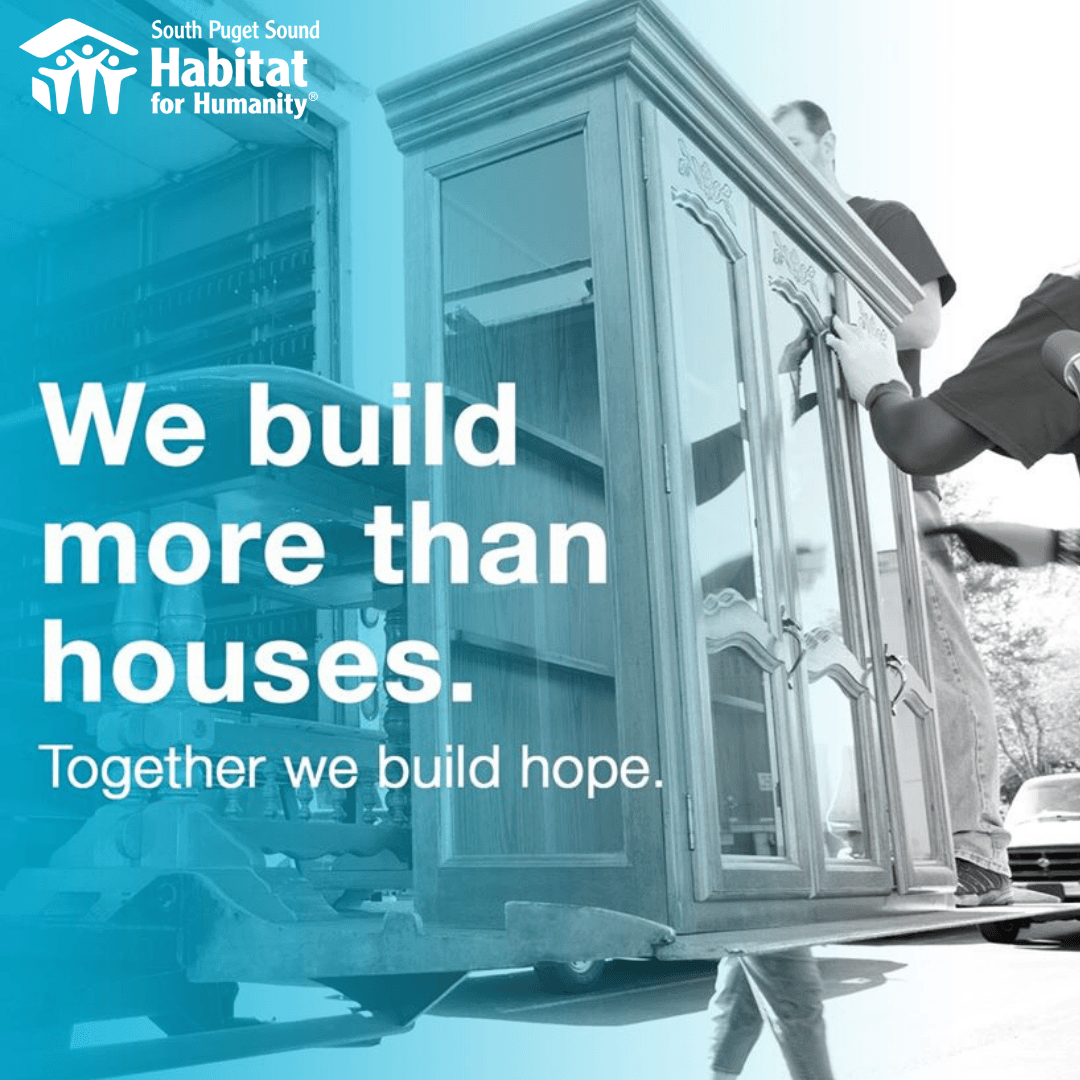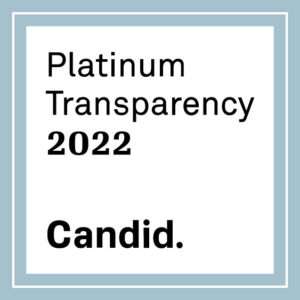Homeownership is the key to empowering families to build brighter futures.
It is the critical foundation that families need to find a path to stability and self-reliance.
When someone has a safe, affordable place to call home, bigger things begin to happen — household members frequently improve their health, educational attainment, safety, and prosperity. With a little help, Habitat homeowners are empowered to build a better future for themselves and their families for generations to come.

Why does homeownership matter in
Thurston County?
Friendly people, good jobs and schools, cultural opportunities, and lush natural surroundings are just a few of the elements that make Thurston County special. But for many, living here is a challenge.
There are very few, if any, opportunities for affordable homeownership in our region.
Too many families are forced to live in substandard conditions such as overcrowding, ignored maintenance, and myriad health and safety issues. Children end up sleeping in the living room with their siblings because their parents can’t afford a larger space. Drafty mobile homes are very expensive to keep warm. Children are often forced to switch schools several times a year because their rent increases beyond their parents’ paychecks, and they must move. When a home becomes unlivable due to severe disrepair, families face homelessness. Without stable housing, families are in a constant state of crisis.
The Proof
The impact of owning a home and having affordable payments is powerful. It’s not just a house, it’s a home. It’s the foundation for a better life and a stronger community.
Homeownership improves neighborhoods & homeowners are:
- 28% more likely to repair and improve their homes;
- 11% more likely to know who represents them in Congress;
- 28% more likely to vote; and
- 1.3 times more likely to read a newspaper.
Habi-Stat
84 percent of U.S. Habitat homeowners responded in a survey conducted by the University of Southern Indiana that they felt safe in their neighborhoods.
Homeownership is good for children – children of homeowners:
- Are 25% more likely to graduate from high school;
- Are 116% more likely to graduate from college;
- Will earn 24% higher income in their lifetime; and
- Are far less likely to become teenage parents or depend on public assistance later in life.
Habi-Stat
A survey of U.S. Habitat homeowners by the University of Southern Indiana found that 57 percent of adults in the households were furthering their education.
Homeownership is healthy – low-income homeowners spending less than 30% of their income on housing report:
- Higher satisfaction, self-esteem, and control over their lives;
- Better physical and psychological health; and
- Allocating more than twice as much of their income towards buying healthier food, medicine, and health care, and insurance
Habi-Stat
When a household spends less than 30% of their income on housing, they can allocate more than twice as much of their income towards buying healthier food, medicine and health care, and insurance than families who have to spend 50% or more on housing
Homeownership is good for the economy:
- Home equity is the leading asset households can leverage to start businesses, finance college educations, or invest in other activities.
- Owning a home is the largest source of personal wealth for most families.
- The construction and sale of each home built generates a significant impact on the local economy, including job creation, consumer spending, fees, and taxes.
Habi-Stat
In 2019, South Puget Sound Habitat supported 52 jobs that generated $1,591,293 in wages paid into the Thurston County economy and paid $141,053 in local and state taxes. We invested $2,326,855 in operations, construction, rehabilitation, and renovation. These investments generated an economic impact of $3,645,787. For every dollar we spent, we injected $1.57 into our local economy
We’ve been building homes, communities, and hope in Thurston County since 1989

Local Impact
Local Stories
Joshua was 10 years clean and sober when his finance passed away unexpectedly in the apartment they shared. Trying to remain in their apartment was a financial strain and a health burden. He, his son, and his grandson lived on his sole income. And their apartment was infested with black mold. Joshua’s brother encouraged him to apply to Habitat. He and his son have a beautiful home and a safe place for his grandson, who has compromised health, to stay. “It’s important to be able to show my son that hard work pays off,” explains Joshua. “And It is definitely an opportunity for a single father – it is amazing.”
Brigitte considers herself stubborn and with good reason. When you are a full-time, working mom with a good job you expect you can make your own way. And yet, after years of moving in and out of rentals she had to admit – she would never be able to afford a home for herself and her two girls. A co-worker and high school friend encouraged her to apply to Habitat. Ten months and many hours of sweat equity later, she finally has the house she has been dreaming of for her family. One of the very first things they plan to do is to get out a tape measure as, for the first time, her kids will have their height marked down on a door jamb. It will be one of many milestones of homeownership that can be so meaningful to a child and a mother.
When Sayda left her home in Sudan in 2000, her country was in one of the longest civil wars in recorded history. By 2009, Sayda had made her fourth relocation, this time to Olympia, now as a single mother raising two sons. Her boys are now 15 and 17. The eldest has already put in 22 hours of sweat equity and the whole family will be working together at the construction site too. “It means a lot for me; I am giving a green light to my kids. Like, I feel that it is a foundation for them and I’m giving them the starting point. They can take it from there and build a better life.”




 South Puget Sound Habitat for Humanity is an equal opportunity housing provider. We are pledged to the letter and spirit of the law and provide a program in which there are no barriers to obtaining housing because of race, color, religion, sex, handicap, familial status or national origin.
South Puget Sound Habitat for Humanity is an equal opportunity housing provider. We are pledged to the letter and spirit of the law and provide a program in which there are no barriers to obtaining housing because of race, color, religion, sex, handicap, familial status or national origin.